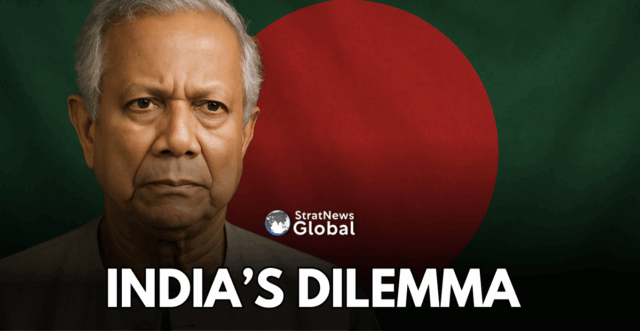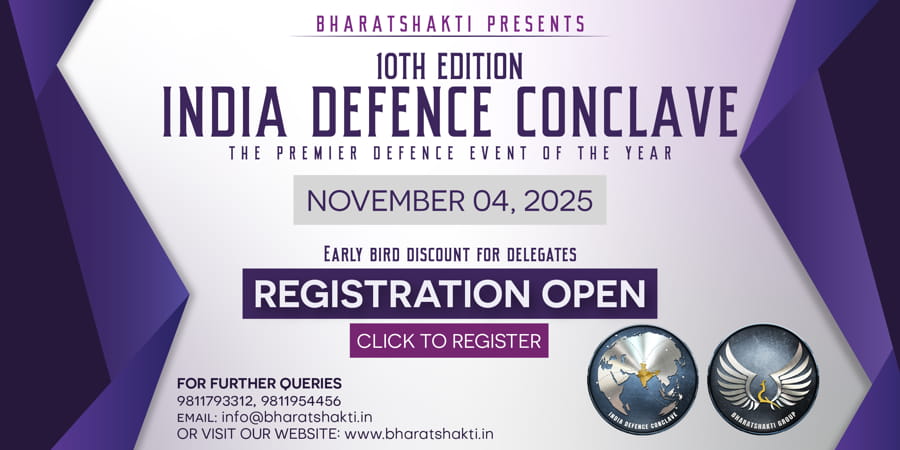More than a year after Sheikh Hasina fled Bangladesh, stability in Dhaka remains elusive. With elections yet to be held, analysts in New Delhi stress that India’s only expectation is that the polls be “free, fair and inclusive,” a point the Ministry of External Affairs has repeated often.
Speaking at a discussion titled ‘Are we prepared for the Bangladesh Elections?’ at the India International Centre in New Delhi on September 11, Ambassador Harsh Shringla, former High Commissioner of India to Bangladesh, warned that banning the Awami League from contesting “goes against the spirit of the movement that brought about the change in August last year.”
“India will have to work with all neighbours in a constructive, cooperative manner so that the results are the best for the people of both countries,” he added.
But on the ground, the reality looks starkly different, said Sreeradha Datta, Professor at O.P. Jindal Global University. Returning from Dhaka, she observed that while Bangladesh’s youth are free from the old political baggage and “feel freer to speak than they did during Sheikh Hasina’s time,” the Awami League will likely remain banned. Datta also flagged Jamaat-e-Islami’s rising influence, predicting it could secure double-digit support in the upcoming polls.
On the BNP, she noted that while the party recently swept Dhaka University elections, its future remains uncertain without Tarique Rehman, the eldest son of former Bangladeshi president Ziaur Rahman and the first female prime minister of Bangladesh and BNP leader Khaleda Zia.. “So even if BNP does win the election, it is going to be a different BNP. It is going to be a BNP which will not be rightist; they will just be trying to capture the vacuum that the Awami League has left.”
For India, she suggested confidence-building measures: resolve the Teesta water issue, engage with student groups, and ease visas for Bangladeshis. But she warned that bilateral ties cannot revert to pre-2024 levels. “We have to reset completely. They themselves have to reset, for their own constancy,” she said. India, she added, “did a great injustice to ourselves by being so proximate with Awami and Sheikh Hasina. Not only did she come down, but she took us down with her.”
Shringla was categorical about Jamaat: “The Jamaat-e-Islami was an auxiliary force for the Pakistani army in 1971. The genocide that was committed in Bangladesh, mainly of Hindus, was primarily by them. They have blood on their hands.” He cautioned that despite their modern veneer, Jamaat remains dangerous at the grassroots, and India must also guard against Pakistan’s ISI presence in Bangladesh.
“The real danger,” Shringla said, “is of a collusion between countries that are intimate to our interests, facilitated by those who control the current system, which is primarily the Jamaat-e-Islami. So when it comes to our immediate neighbourhood, with countries with whom we have common borders, I think there is no such thing as internal affairs.”







